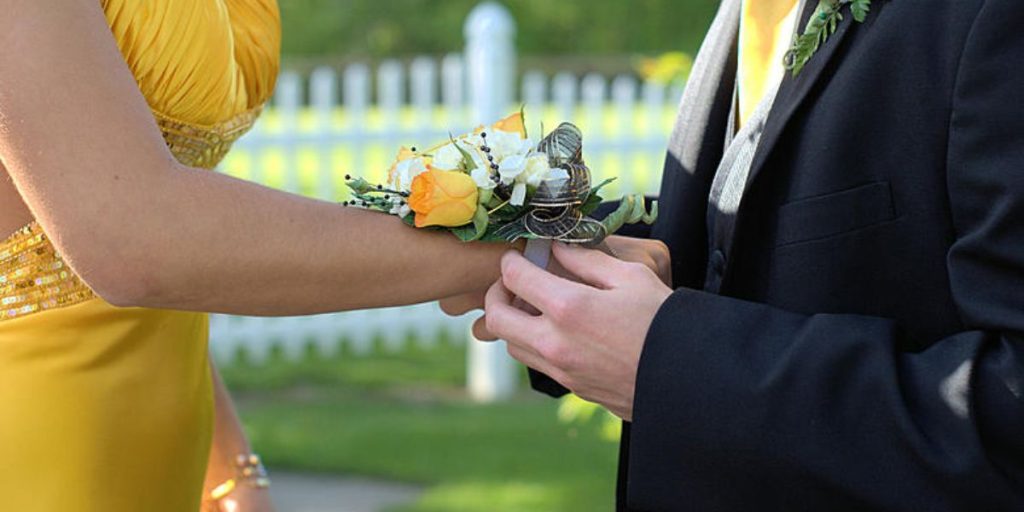DDN – In Virginia, the legal framework surrounding relationships between cousins is both specific and permissive. While certain familial relationships are strictly prohibited from engaging in marital unions, first cousins are notably absent from this list. This distinction has significant implications for those considering such relationships within the state.
Legal Prohibitions on Marriages Between Relatives
Virginia law explicitly outlines which familial relationships are barred from marriage. According to § 20-38.1 of the Code of Virginia, the following marriages are prohibited:
1. Bigamous Marriages: Entering into a marriage while a prior marriage remains undissolved.
2. Direct Lineage and Sibling Marriages: Marriages between an ancestor and descendant, or between siblings, whether the relationship is by half or whole blood, or through adoption.
3. Uncle-Niece and Aunt-Nephew Marriages: Marriages between an uncle and niece or an aunt and nephew, irrespective of whether the relationship is by half or whole blood.
Notably, first cousins are not included in this list of prohibited marriages, indicating that such unions are legally permissible in Virginia.
Implications for Dating and Cohabitation
Given that marriage between first cousins is legal in Virginia, it follows that dating and cohabitation between first cousins are also lawful.
The state’s statutes do not impose restrictions on romantic relationships or living arrangements between consenting adult first cousins. This legal stance reflects a broader acceptance of such relationships within the state’s jurisdiction.
Comparison with Other Jurisdictions

The legality of cousin relationships varies significantly across the United States. While Virginia permits marriages between first cousins, several other states have restrictions or outright bans on such unions. For instance:
- Prohibited States: States like Kentucky and West Virginia prohibit marriages between first cousins.
- Conditional States: Some states allow cousin marriages under specific conditions. For example, Arizona permits first-cousin marriages only if both parties are over a certain age or if one party is proven to be infertile.
These variations underscore the importance of understanding and adhering to the specific laws of each state regarding cousin relationships.
Historical and Cultural Context
Historically, marriages between cousins were commonplace and often encouraged to preserve familial wealth and alliances.
Over time, societal perceptions shifted, especially with emerging genetic research in the 19th and 20th centuries suggesting potential risks of consanguineous unions. However, modern studies have nuanced these views, indicating that the genetic risks associated with first-cousin marriages are lower than previously believed.
In Virginia, the permissibility of first-cousin marriages reflects a legal framework that aligns more closely with historical practices rather than the restrictive measures adopted by some other states.
Legal Considerations and Precautions
While Virginia law permits marriages and relationships between first cousins, individuals considering such unions should be mindful of several factors:
1. Interstate Recognition: Not all states recognize marriages between first cousins. If a couple married in Virginia relocates to a state where such marriages are prohibited, they may face legal challenges regarding the recognition of their union.
2. Genetic Counseling: Couples who are closely related and considering having children may opt for genetic counseling to understand any potential health risks to their offspring.
3. Social Perceptions: Despite legal permissibility, societal attitudes toward cousin relationships can vary. Couples should be prepared for a range of reactions and consider the social context in which they reside.
Conclusion
In Virginia, dating or marrying your first cousin is not against the law. The state’s legal statutes explicitly prohibit certain close-relative marriages but do not extend this prohibition to first cousins. As with any relationship, it’s essential to consider not only the legal aspects but also the social and personal implications. For those residing in Virginia, the law provides the freedom to pursue relationships with first cousins without legal hindrance.
References
- § 20-38.1. Certain marriages prohibited – Code of Virginia
- Virginia Annulment and Prohibited Marriage Laws – FindLaw
- Cousin Marriage Law in the United States – Wikipedia
- Who May Marry in Virginia – Rockingham County, VA



Leave a Reply